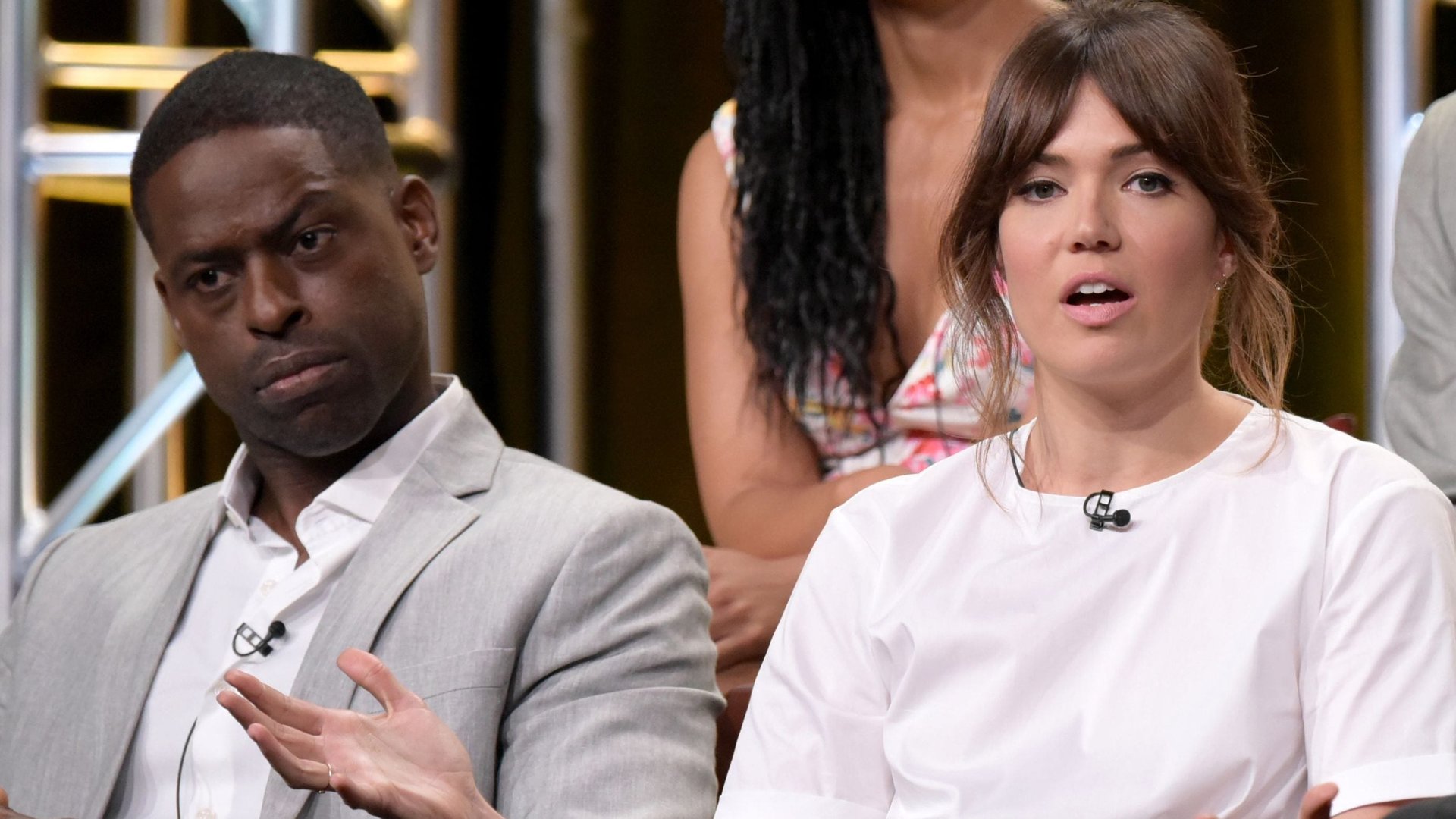Hollywood stars say time’s up on the wage gap for behind-the-scenes workers
Hollywood celebrities are sticking up for the people who really make film productions run. A cadre of A-list actors and directors signed a petition calling for the elimination of “an egregious wage gap” for industry professions like script supervisor and art department coordinator, which have historically been dominated by women.


Hollywood celebrities are sticking up for the people who really make film productions run. A cadre of A-list actors and directors signed a petition calling for the elimination of “an egregious wage gap” for industry professions like script supervisor and art department coordinator, which have historically been dominated by women.
Ava DuVernay, Sterling K. Brown, Jane Fonda, Alfred Molina, Mandy Moore, Lily Tomlin, John C. Reilly, and Martin Sheen are among the star-studded celebrities to support the petition, which is also endorsed by the American Civil Liberties Union (ACLU). It comes after a recent study commissioned by IATSE Local 871, a union that represents more than 2,500 production employees, found that some female-dominated crafts can make thousands of dollars less (pdf) on average than comparable male-dominated crafts.
The study, published by Working Ideal, a consulting firm that specializes in pay equity audits, concluded that this wage gap potentially violates California law, which states that employers cannot pay women less than they pay men for “substantially similar work.”
Script supervisors—a profession that’s approximately 90% female, according to the study—make about $2,500 per week across TV and film productions. First assistant directors (80% male), meanwhile, make double that, while second assistant directors (65% male) make between $3,000 and $4,000 per week.
“The early Script Supervisors often were women working as the (male) Director’s assistant and stenographer,” the study notes. “Archaic terms like ‘script girl’ and ‘continuity girl’ may no longer be used but the nickname ‘scripty’ still exists— and Script Supervisors remain overwhelmingly female.” In addition, the study argues that production coordinators, another female-dominated profession, perform similar functions as assistant directors (traditionally male), but the latter “earn more, have higher status and have a faster track to production management.”
Since the #MeToo and Time’s Up movements began last year, much attention has been given to the pay gap between high-profile male and female actors. Four-time Oscar nominee Michelle Williams, for instance, was paid just $1,000 for her reshoots on Ridley Scott’s 2017 film All the Money in the World. Mark Wahlberg, on the other hand, made $1.5 million—a figure Williams was never made aware of, despite the two actors employing the same agency (WME).
This petition, and the eye-opening study that prompted it, could mark an important step forward for Hollywood workers outside of the spotlight. It’s especially encouraging that those who do have platforms—whose voices can actually move the needle—are using them to ensure the wage gaps afflicting Hollywood aren’t fixed only for the already rich and famous.
You can read the petition, and a full list of its signees, here.